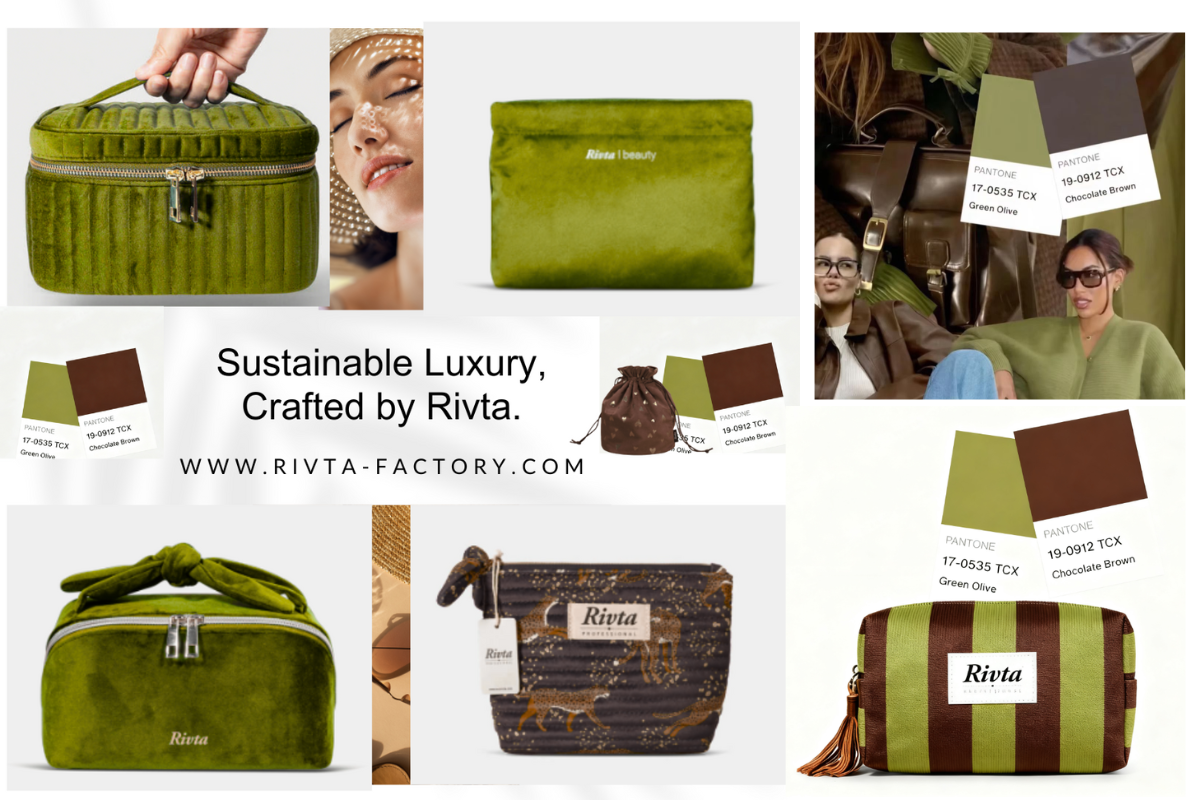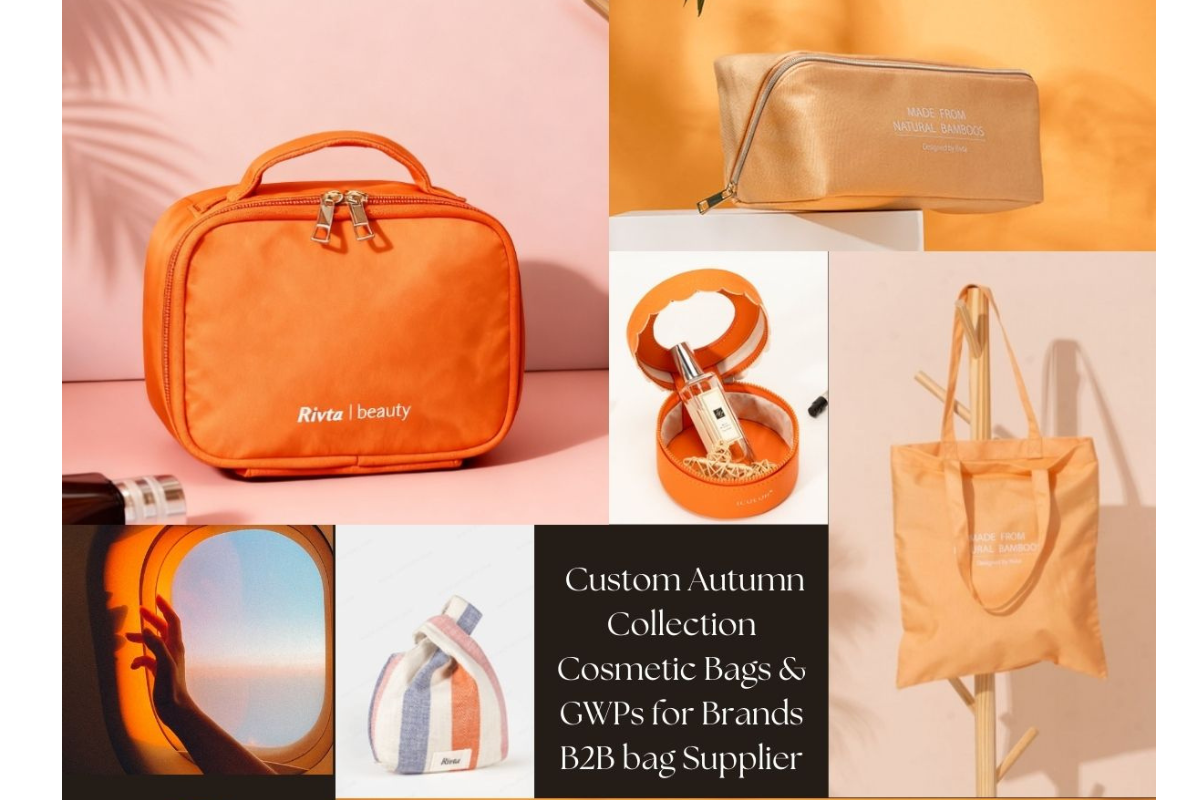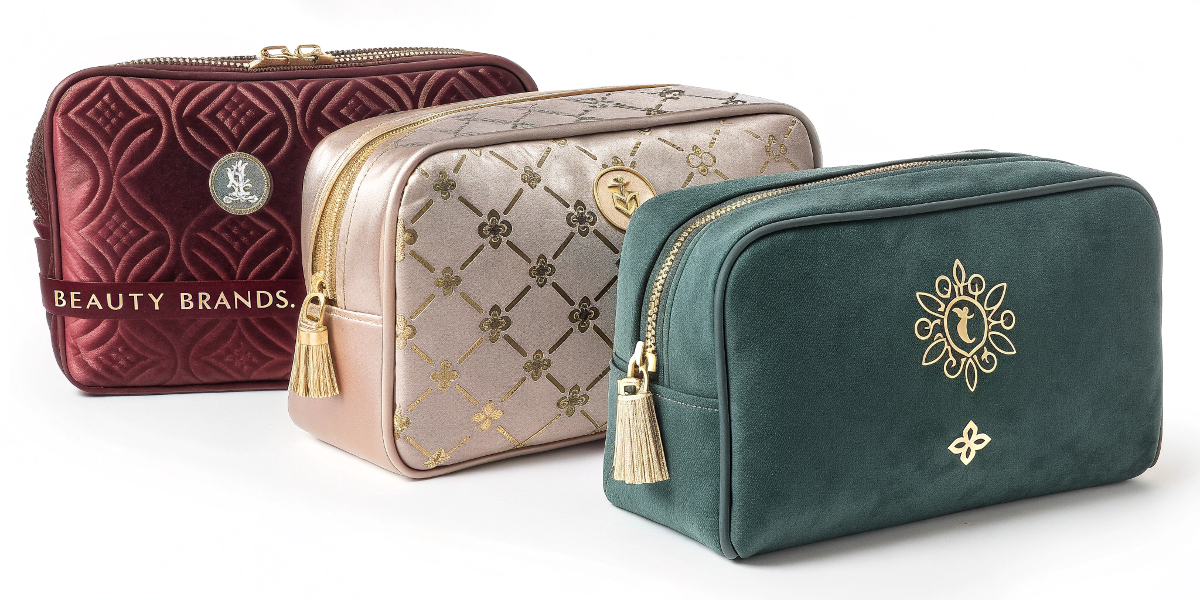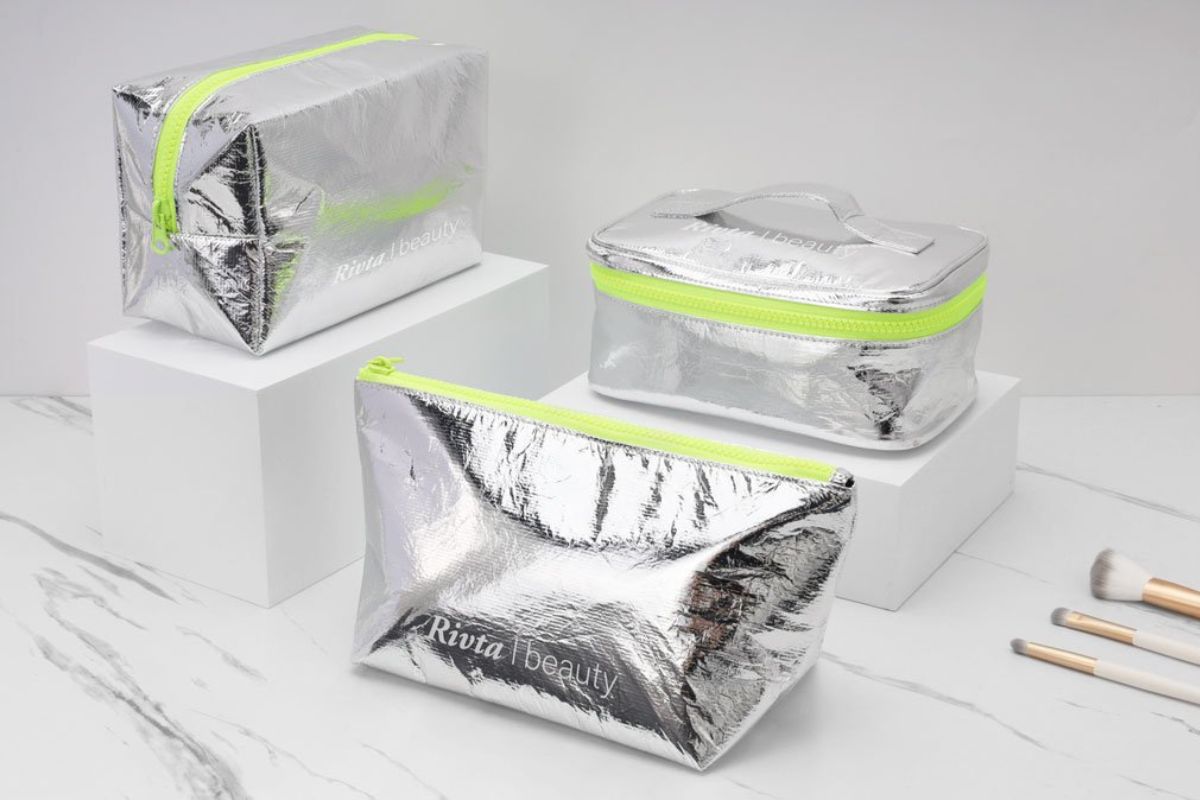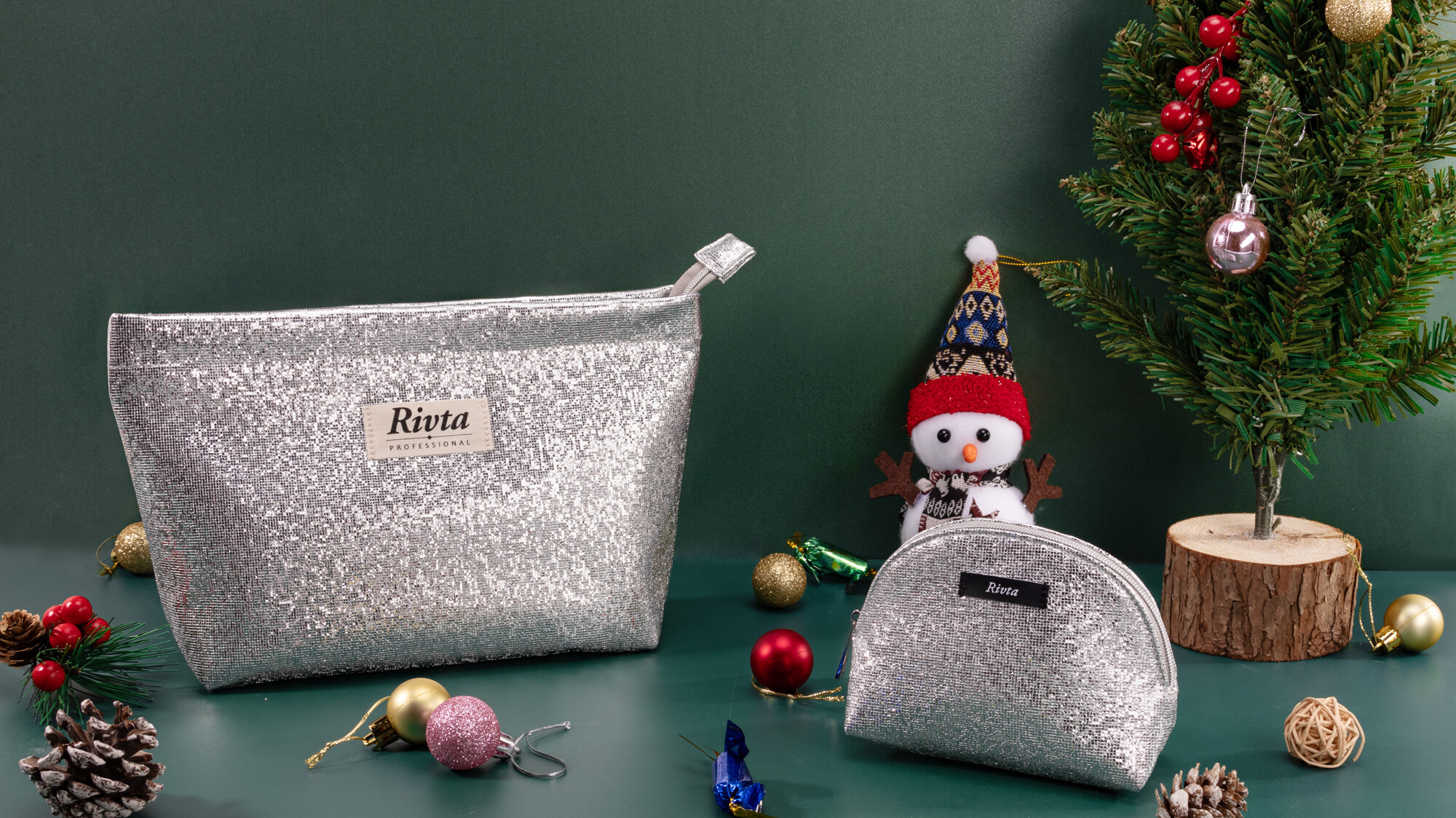The Ultimate B2B Guide to Choosing a Makeup Bag Supplier?
Choosing a makeup bag supplier feels like a minefield. You fear picking a partner who delivers poor quality, misses deadlines, or disappears with your deposit, putting your brand's reputation and finances at risk.
To choose the right supplier, you must define your needs, understand the difference between factories and traders, vet partners for certifications and expertise, manage the sampling process meticulously, and clarify all quality control and financial terms before production.
Finding the right supplier is the most important business decision you'll make for your product line. Since 1990, I've seen firsthand how the right partnership can make a brand flourish, while the wrong one can be a disaster. It's about more than just finding the lowest price; it's about finding a partner who understands your vision and can execute it flawlessly. I've guided hundreds of brand owners, like Alisa from Australia, through this exact process. She needed a supplier who could not only produce a beautiful, high-quality bag but also align with her brand's strong commitment to sustainability. This guide will walk you through the entire journey, from your initial idea to a successful production run, so you can build a lasting and profitable partnership.
What should you define before starting your supplier search?
You have a great idea for a makeup bag, but you jump straight into contacting suppliers. This leads to confusing conversations, wasted time, and quotes that don't match your actual needs.
Before contacting any supplier, clearly define your target market, ideal retail price, brand values (like sustainability), required features, and estimated order quantity. This preparation makes your search efficient and ensures you find a suitable partner.
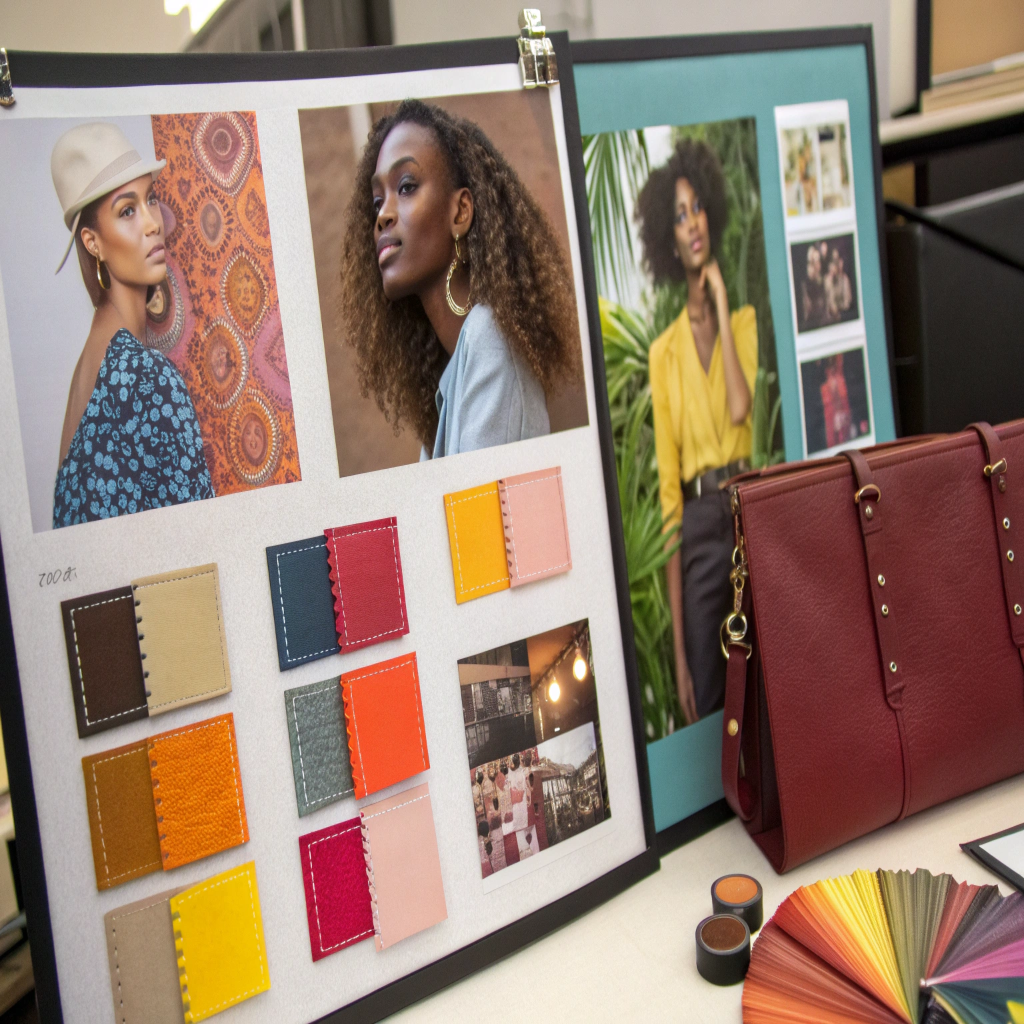
A successful project begins with a clear plan. Before you can find the right partner, you need to know exactly what you’re looking for. Who is your customer? Are they looking for a budget-friendly gift-with-purchase or a high-end, luxury cosmetic case? Your answer determines your target price and the quality of materials you should use. What does your brand stand for? If you are a natural or eco-conscious brand like Alisa's, you need to prioritize materials like organic cotton or recycled RPET, and you need a supplier whose values align with yours. Finally, how many bags do you need? Knowing your estimated order quantity is crucial, as every factory has a Minimum Order Quantity (MOQ). Being prepared with these details allows you to have productive conversations and quickly filter out suppliers that aren't a good fit.
What types of suppliers will you encounter?
You start searching online and find hundreds of companies that all seem to do the same thing. You don't know who is a real manufacturer and who is just a middleman.
You will mainly find three types of suppliers: direct factories that physically make the product, trading companies that act as resellers, and sourcing agents who act as your local representative. Understanding the difference is key to controlling cost and quality.
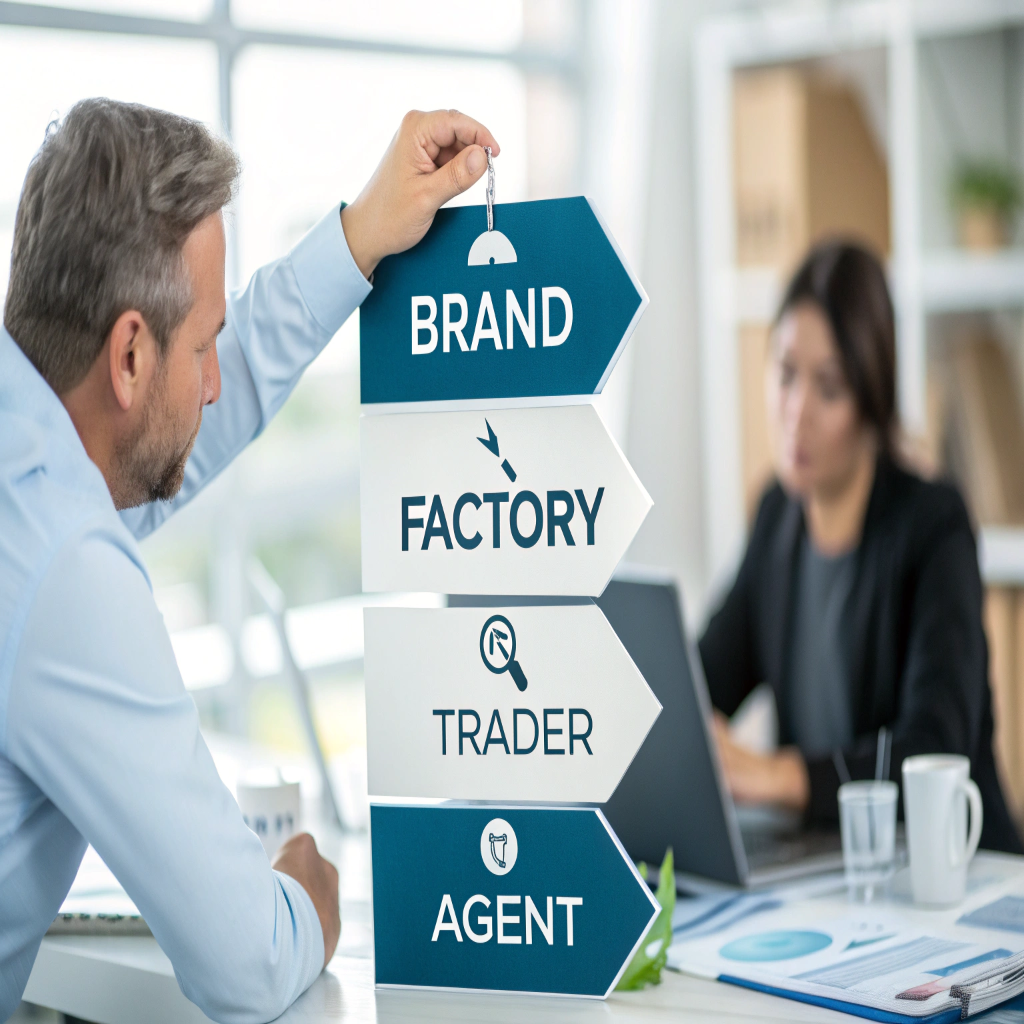
Knowing who you are talking to is the first rule of sourcing. Each type of supplier has a different role, and working with the wrong one can add unnecessary costs and communication barriers. A direct factory offers the best price and technical expertise. A trading company offers convenience but at a higher price. A sourcing agent can help navigate the landscape but adds another party to the process.
Direct Factories (Like RIVTA): Pros and Cons
This is who we are. A factory physically manufactures your product. The main advantage is that you have a direct line of communication with the people making your bags. This means better prices (no middleman), more control over quality, and access to deep technical expertise. The potential downside is that factories often have higher MOQs.
Trading Companies: When Do They Make Sense?
A trading company doesn't own a factory. They buy from one or more factories and sell to you. They can be good if you need a very small quantity or if you want to buy many different types of products at once. However, you will pay a higher price, and it can be harder to control quality or resolve issues.
Sourcing Agents: Your Boots on the Ground
An agent is an individual or company you hire in the manufacturing country to help you find and manage suppliers. They can be valuable for navigating language barriers and performing in-person factory checks. This service comes at a cost, either as a commission or a flat fee.
How can you vet and identify a reliable partner?
You have a list of potential suppliers, but their websites all look professional. You're worried you might choose a bad apple based on a good first impression.
Vet potential partners by verifying key certifications like BSCI and ISO 9001, evaluating their communication skills and product expertise, and asking specific, targeted questions. A trustworthy partner will be transparent, knowledgeable, and professional from the very first contact.
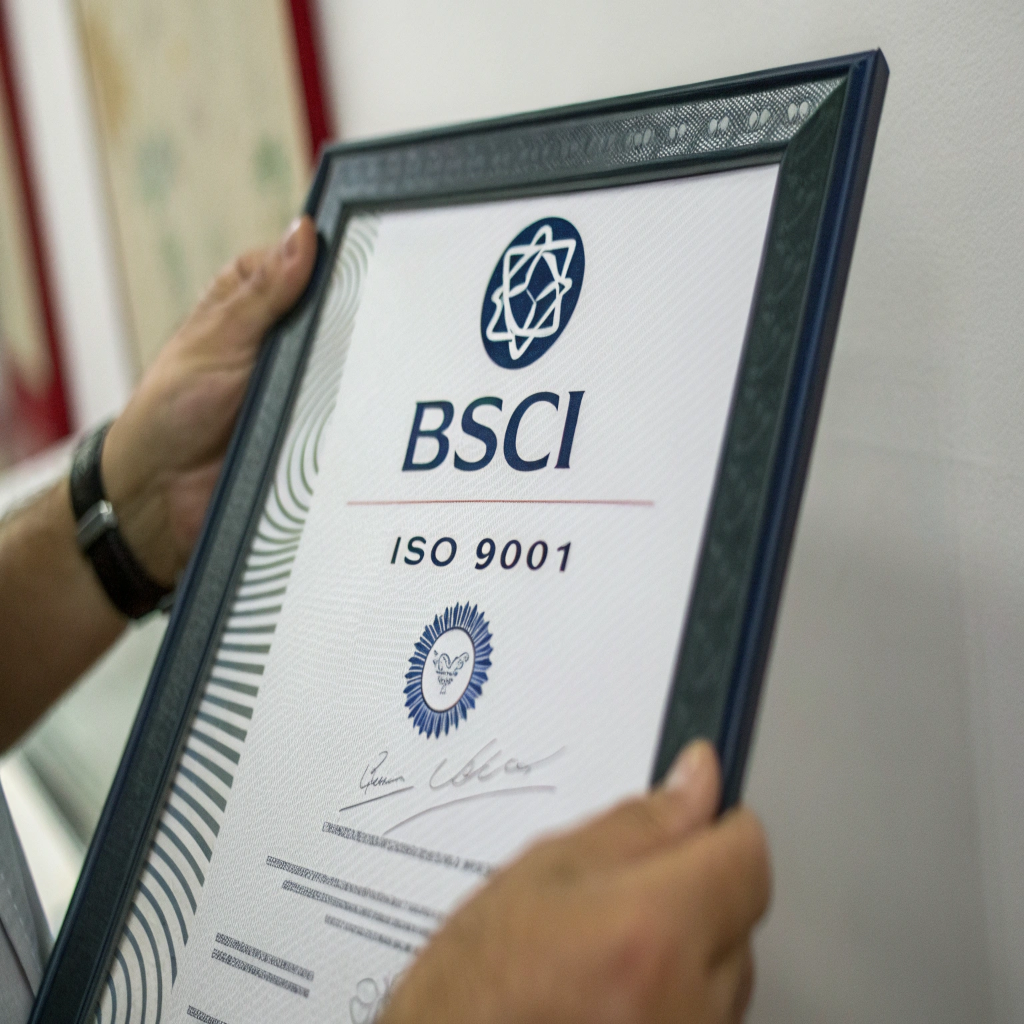
Vetting a supplier is like a job interview. You need to look past the sales pitch and verify their qualifications. Talk is cheap, so you need to look for proof.
Key Certifications (ISO, BSCI) and What They Mean
A supplier's certifications tell you a story about their professionalism. An ISO 9001 certificate means they have a proven Quality Management System. A BSCI (Business Social Compliance Initiative) report shows they are committed to ethical labor practices. As a BSCI-audited factory, we at Rivta believe these aren't just papers; they are promises of quality and responsibility that protect your brand.
Evaluating Communication, Expertise, and Previous Work
How quickly and professionally do they respond? Do their answers show a deep understanding of bag manufacturing? Ask to see examples of similar projects they have completed. A good partner will communicate clearly and demonstrate their expertise.
Asking the Right Questions: A Checklist for Your First Inquiry
- What is your Minimum Order Quantity (MOQ)?
- Can you share your BSCI or ISO 9001 report?
- What materials do you specialize in (e.g., canvas, RPET, PU leather)?
- What is your standard production lead time?
- What are your payment terms?
How do you navigate the customization and sampling process?
You've chosen a supplier, but you don't know how to turn your vision into a real product. You fear that miscommunication will lead to a sample that looks nothing like you imagined.
The key is a detailed "tech pack" and a thorough review of the pre-production sample (PPS). Clearly specify your choices for materials, hardware, and branding. The PPS is your physical proof to approve before any bulk production begins.
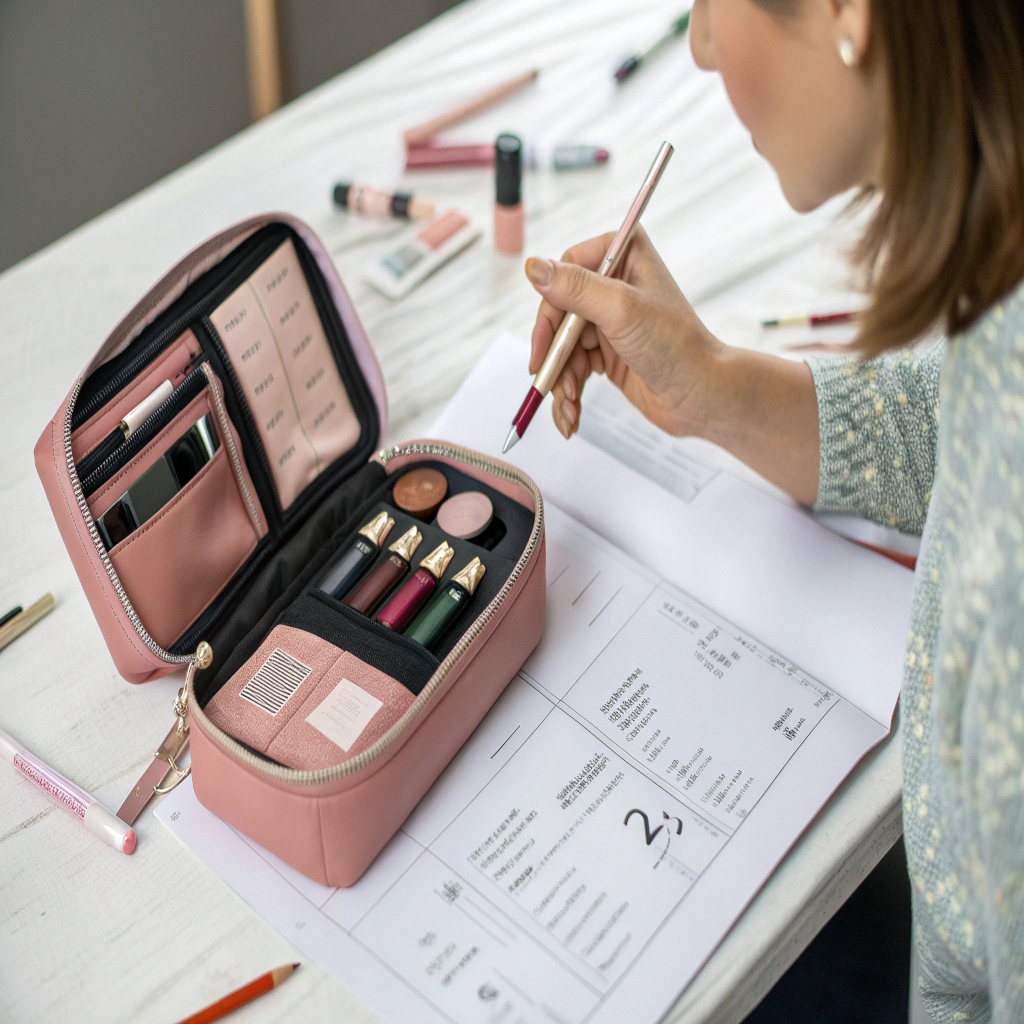
The sampling phase is where your idea becomes tangible. This is the most critical creative step, and it must be managed with precision.
Material Selection Deep Dive: Fabric, Zippers, and Linings
Be specific. Instead of "canvas," specify "12oz GOTS organic cotton canvas." Instead of "a normal zipper," specify "a #5 nylon zipper with matte black zinc alloy puller." We can provide physical swatches and options to help you choose the components that perfectly match your quality and branding goals.
Branding Options: Printing, Embroidery, and Hardware
How will your logo be applied? Screen printing is great for bold, simple graphics. Embroidery offers a premium, textured feel. Debossing on a PU leather patch provides understated luxury. Your choice should align with your material and brand aesthetic.
Perfecting the Pre-Production Sample (PPS)
The PPS is the single most important item you will receive. This is your one chance to hold the product, test its functionality, and check every detail. You approve everything from the stitching color to the zipper smoothness. Never, ever approve bulk production without first approving a perfect PPS.
How can you ensure the quality of your bulk order?
The sample was perfect, but now you worry about the quality of the thousands of bags being made. You can't personally inspect every single one in the factory.
Ensure quality by establishing clear standards using the AQL (Acceptable Quality Limit) system. A reliable factory will conduct its own in-line and final inspections, and you can also hire a third-party service for an independent final inspection before shipment.
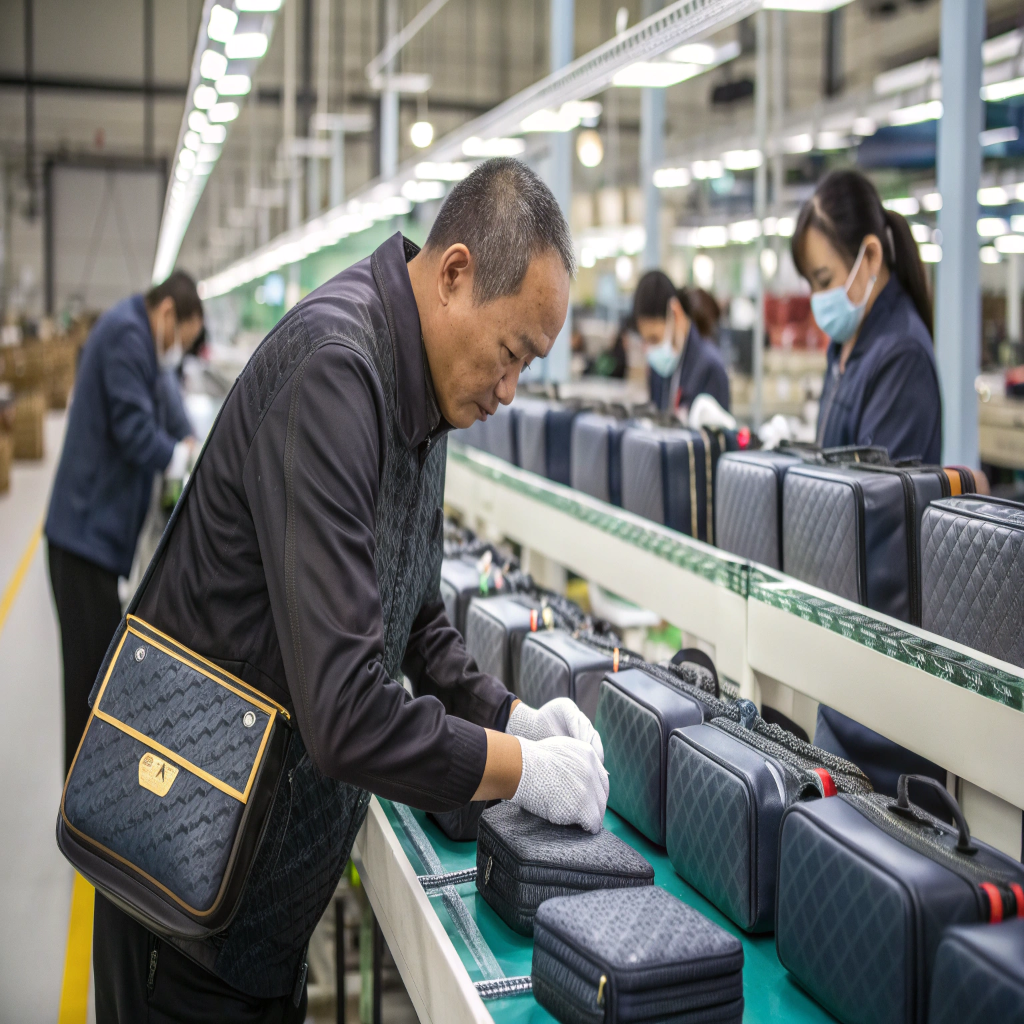
Maintaining quality across a large production run requires a system. Trust is good, but a system is better. You need a shared understanding of what is "acceptable."
Understanding AQL (Acceptable Quality Limit)
AQL is a statistical method used for quality control. It defines the maximum number of defective units that can be considered acceptable in a batch. For example, AQL 2.5 is a common standard for consumer goods. Agreeing on an AQL level with your factory sets clear expectations for the entire production run.
In-Line Inspections vs. Final Inspections
As a factory, we perform both. In-line inspections happen during the production process. We check the bags at the cutting and stitching stages to catch any issues early. A final inspection happens after all the bags are finished and packed. This is the final check to confirm the batch meets the agreed-upon AQL standard before it is shipped. Trustworthy factories will provide you with their internal QC reports for transparency.
How do you understand the financials of cost, payments, and shipping?
You received a quote, but it's full of acronyms like MOQ, FOB, and T/T. You're not sure what the final cost will be or how you are supposed to pay.
Understand every line item in your quote, including MOQ, unit price, and tooling fees. Clarify payment terms (like T/T) and the shipping Incoterm (like FOB), which defines who pays for and manages each stage of the shipping process.
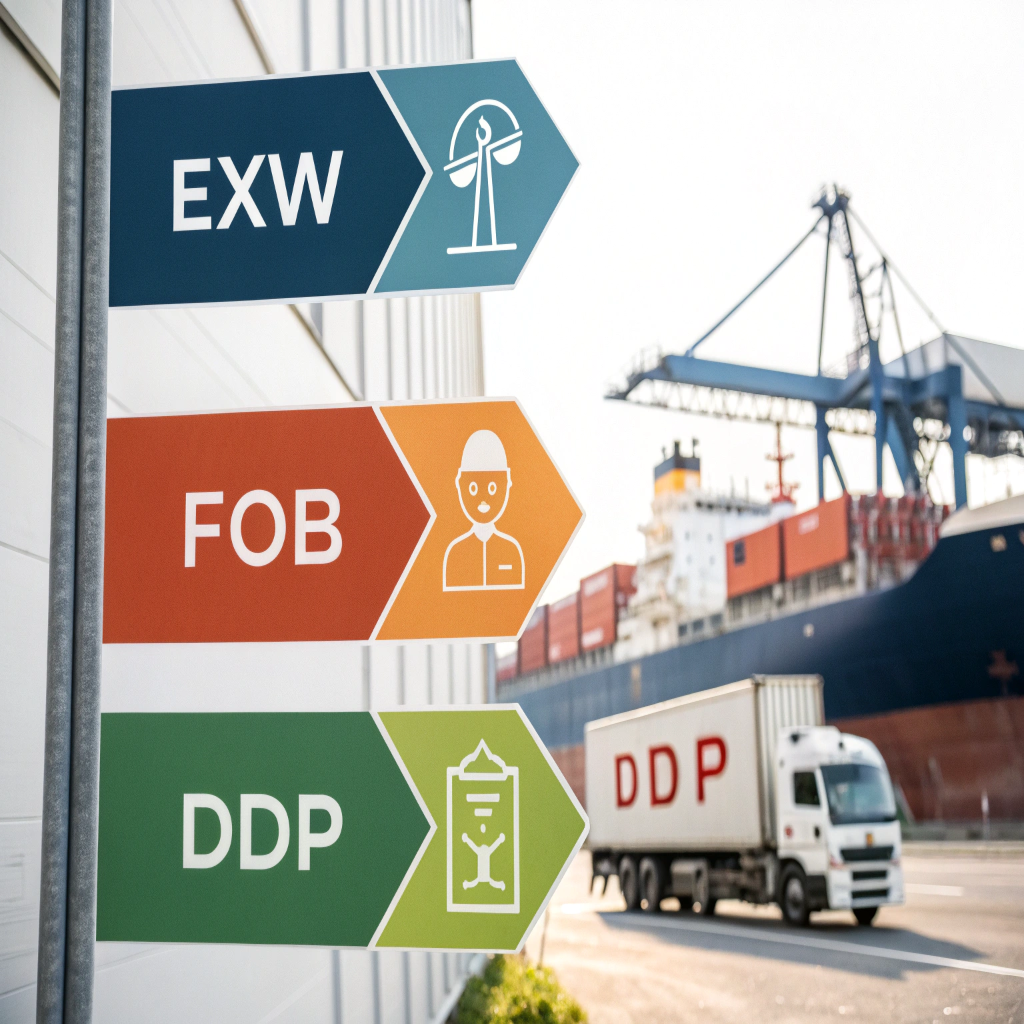
The financial side of importing can seem complex, but it's based on a few key international standards. Understanding them protects your budget from unexpected costs.
Breaking Down the Quotation: MOQ, Unit Price, and Tooling Fees
- MOQ (Minimum Order Quantity): The smallest number of units the factory will produce in one order.
- Unit Price: The cost for one single bag.
- Tooling Fees: A one-time cost for creating custom molds, like for a unique zipper puller or a debossing die.
Common Payment Terms (T/T, L/C)
T/T (Telegraphic Transfer) is the most common method. It typically involves a deposit (e.g., 30%) to start production and a balance payment (70%) when the goods are ready to ship. An L/C (Letter of Credit) is more complex and usually only used for very large orders.
Incoterms Explained: EXW, FOB, and DDP
These terms define who is responsible for the goods at each point in the shipping process.
- EXW (Ex Works): You are responsible for everything, including picking the goods up from our factory door.
- FOB (Free On Board): This is most common. We (the factory) handle getting the goods to the departure port. You handle everything from there.
- DDP (Delivered Duty Paid): The supplier handles everything, including shipping and import duties, delivering the goods to your door. It's the simplest for you but also the most expensive option.
Your next step: is it time to partner with a factory that checks all the boxes?
You now know how to find and vet a supplier. You need a partner that is transparent, certified, experienced, and committed to quality and sustainability for your next project.
Rivta is a BSCI-audited factory direct with over 30 years of experience. We offer expert guidance, a "Green Mission" commitment to sustainable materials, and a transparent process to bring your custom makeup bag from concept to reality, successfully.
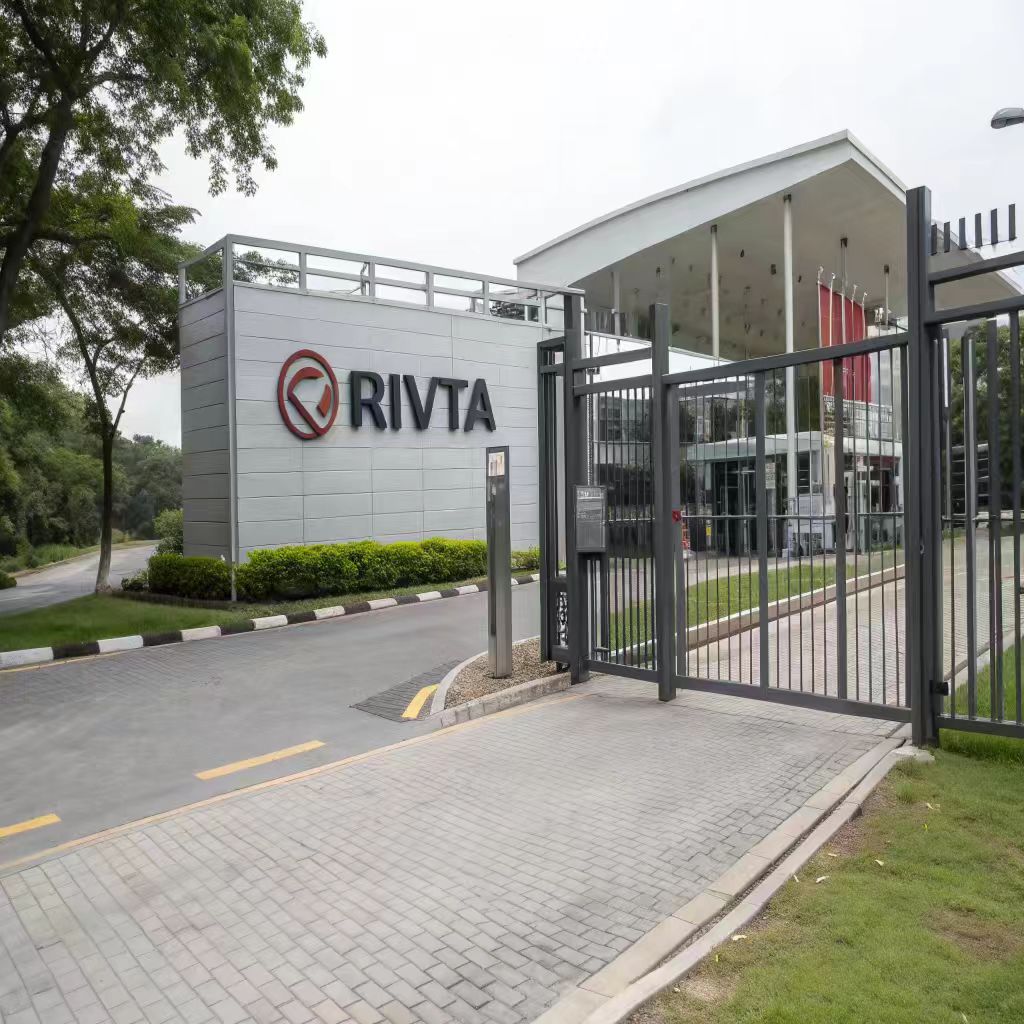
Choosing a supplier is choosing a partner for your brand's journey. At Rivta, we've built our business on being that reliable partner. We check all the boxes: we are a direct factory, we hold key social and quality certifications, and we believe in clear, proactive communication. Our mission extends beyond just business; we actively promote global sustainable development. Whether you need help choosing between organic canvas and RPET or designing the perfect interior for your makeup bag, our team is here to guide you. We manage the complexities of manufacturing so you can focus on building your brand. Let's work together to create a product that you and your customers will love.
Conclusion
Choosing the right supplier is a systematic process of defining, vetting, and managing. With this guide and a transparent factory partner, you can confidently source makeup bags and grow your brand.
